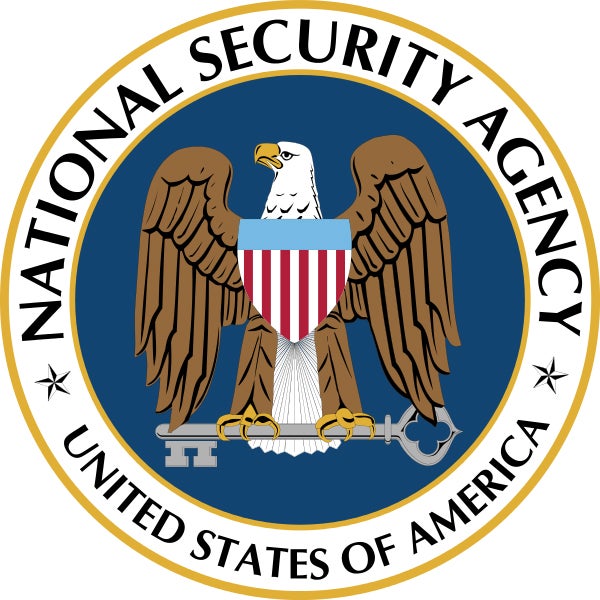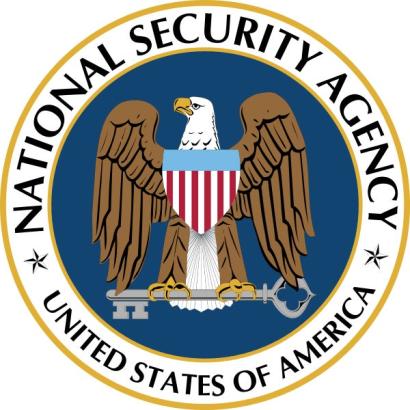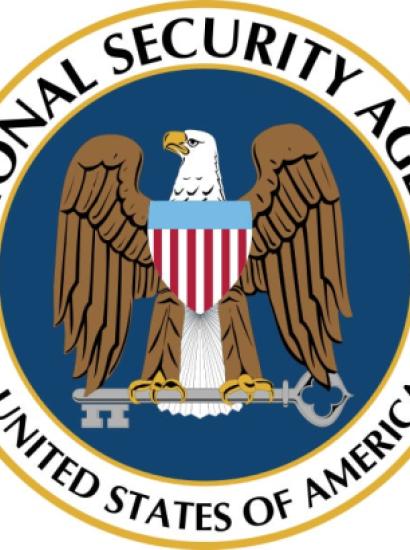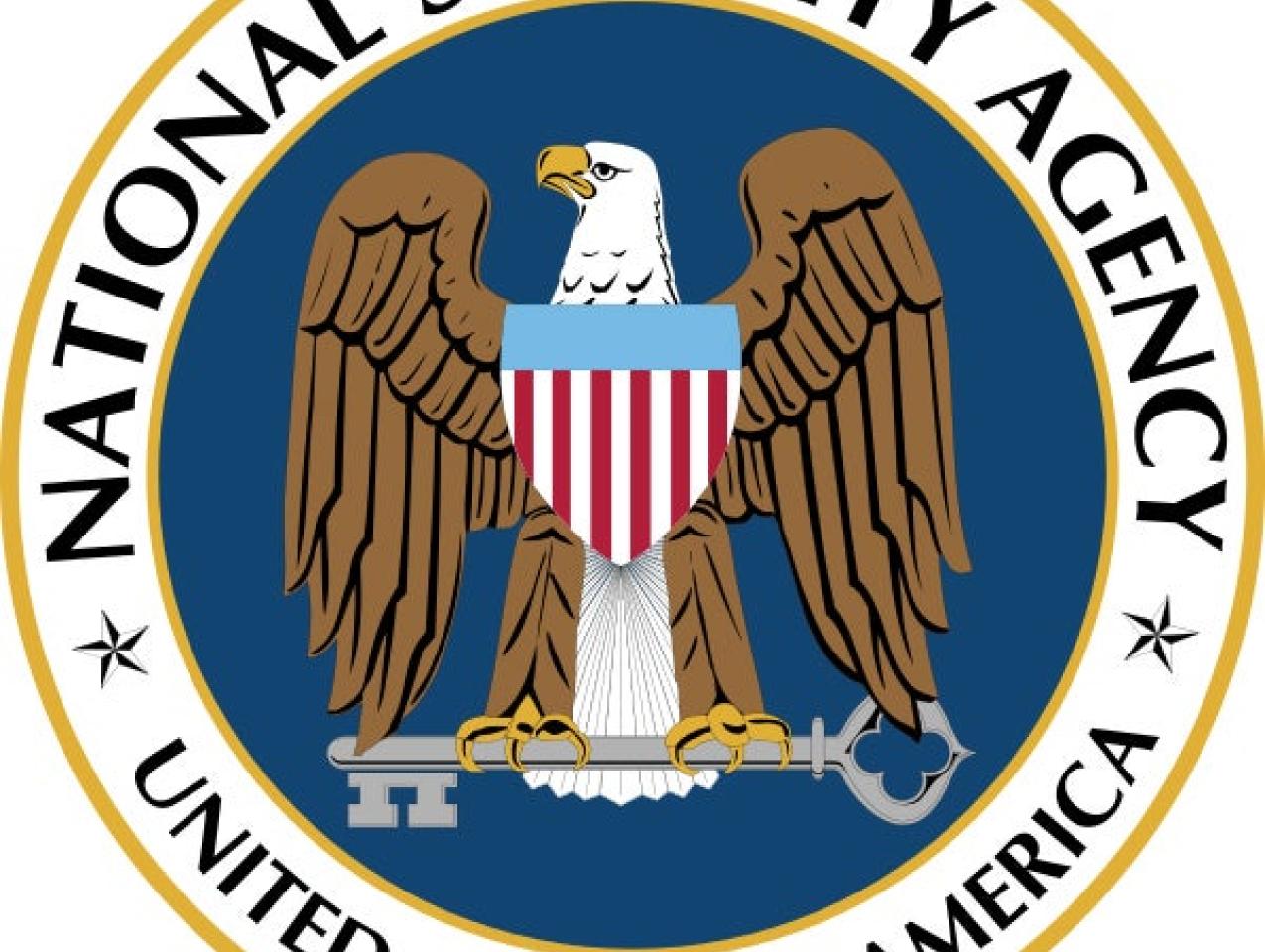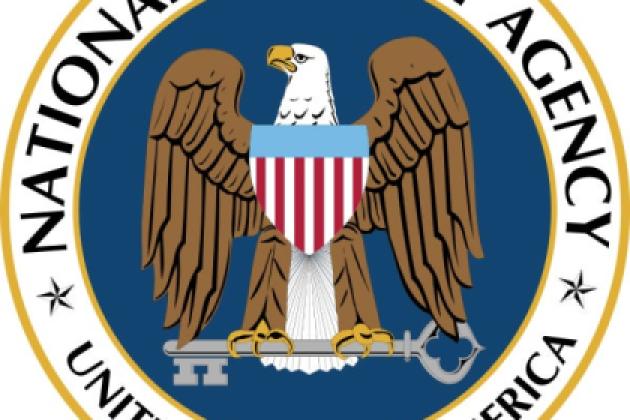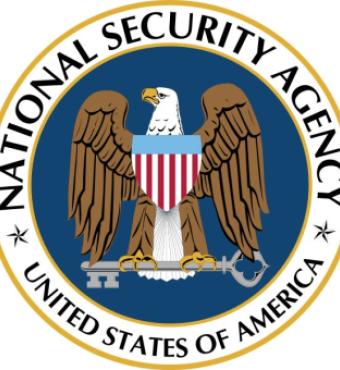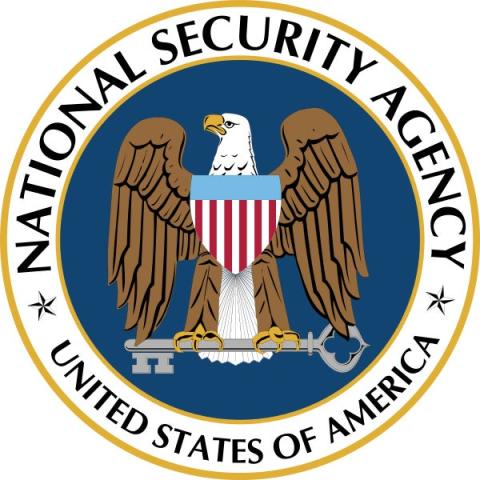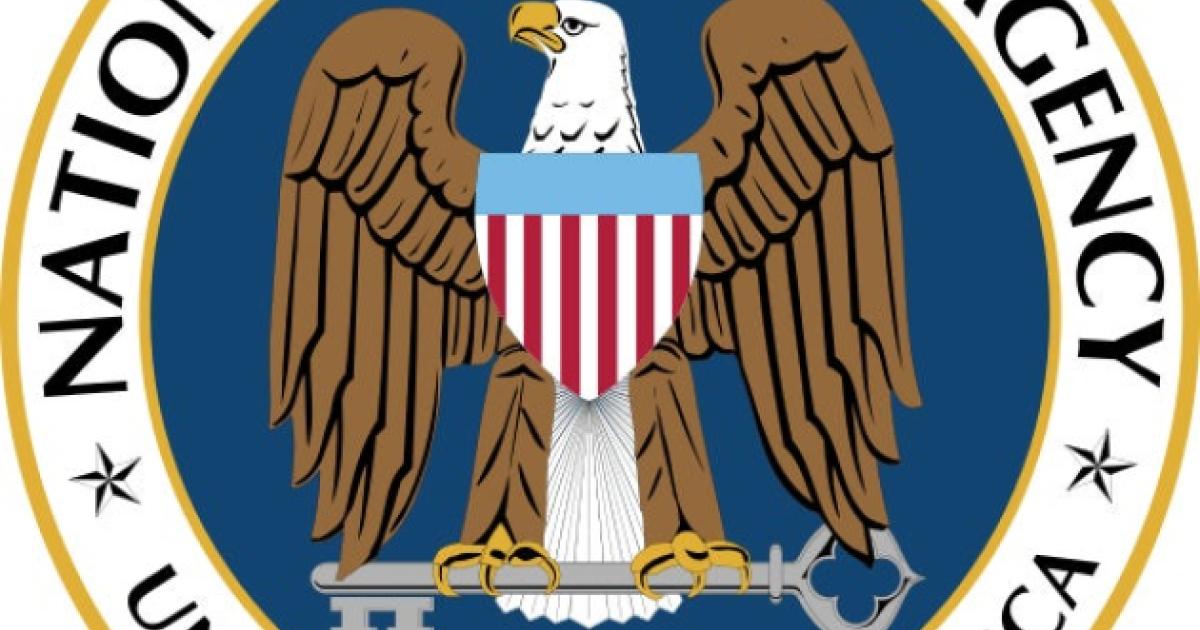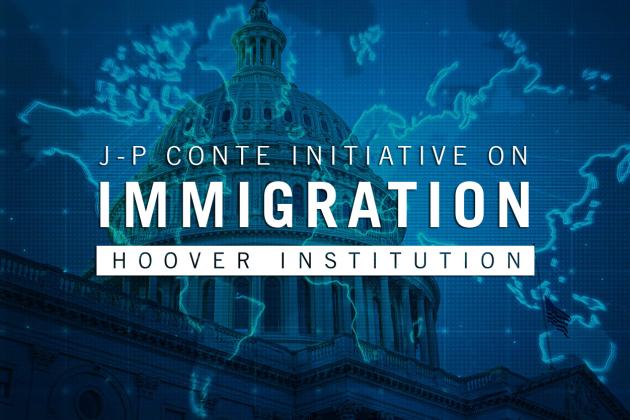
Hoover senior fellow Amy Zegart and National Security Affairs Fellow Lieutenant Colonel Matthew Atkins hosted thirty five experts from government, the military, academia, and the private sector for a day-long workshop examining key current and emerging intelligence challenges. The workshop’s discussion centered on four themes: examining the changing nature of intelligence in warfare; understanding the challenges of providing strategic intelligence to prevent strategic surprise; sharpening the understanding of the fine line between the need for privacy and the need for intelligence; and looking ahead to some of the disruptive technologies in the private sector that are likely to change the way we conceptualize, collect, and analyze intelligence.
In the first session of the day, discussants addressed the role of intelligence in warfare. Participants agreed that the threats and the tools of war are changing, and that the biggest threat to U.S. security today—for which we are unprepared -- is cyber-warfare. These evolving issues demand the intelligence community (IC) address more discrete threats on a larger scale and with a shrinking budget. Success will require even further integration between the IC and the military; however, participants disagreed about attempts by congressional overseers to redefine military operations as intelligence activities. There was also concern raised that the opportunity costs of having the IC assume operational responsibilities (taking time away from collection and analysis of strategic priorities) is substantial and needs to be considered more seriously. Several attendees emphasized the need for revisions in polices that would replace the current antiquated oversight structure to reflect our newly interconnected world. The U.S. government will increasingly rely on the IC to deal with emerging threats, the issue of public legitimacy needs to be addressed for the long term support of the IC. Several participants argued that the IC needs to better communicate its successes to earn the confidence of the public, while others believed that the CIA should maintain its strategic advantage of staying covert.
The second session on surveillance, security and civil liberties continued to address the IC’s need for public legitimacy. Members of the IC and private sector agreed that to enhance public trust, transparency and clearer rules and goals governing NSA’s data collection are needed. The laws must be accountable to checks and balances and open for public debate. Failure to do so poses a risk to private business and the American economy in our increasingly interconnected world. While there is concern in the IC that too much exposure could be damaging to national security, several suggested there is a more desirable middle ground that can be reached by pursuing a balance of security and liberty. Several participants suggested that the news media’s portrayal of NSA programs has failed to provide important context about why they are needed, how they are overseen within the executive branch and by Congress, and how they operate in practice. Some questioned the extent to which better computer science knowledge, both on the FISA court and in Congress, would substantially change or improve understanding and oversight over these programs.
The third session addressed the challenges of collecting and analyzing strategic intelligence. Members of the IC identified the need for more analysts in light of greater demands for faster, tactical, practical, yet strategic intelligence. They noted that while resources increased after 9/11, personnel did not; because of sharp workforce reductions during the 1990s “peace dividend,” the IC only returned to 1991 staffing levels eighteen months ago. Participants agree that for the most effective intelligence, analysts need to leverage actors both outside and inside of the IC. This is especially important in the increasingly complex and interconnected global landscape. Many panelists also advocated for a balance between disciplinary and cultural training of IC personnel. While the industry is increasingly focusing on big data, many panelists agreed that cultural competency was still essential to interpret the results.
The final session highlighted innovations from the private sector that could be leveraged by the IC, a natural extension of previous sessions’ call to better utilize private sector expertise. Many participants from the military and industry voiced frustration about Department of Defense’s (DOD) acquisition processes which make it difficult to impossible to adopt new, fast-moving and potentially game-changing technological improvements from startups outside traditional DOD contractors.






